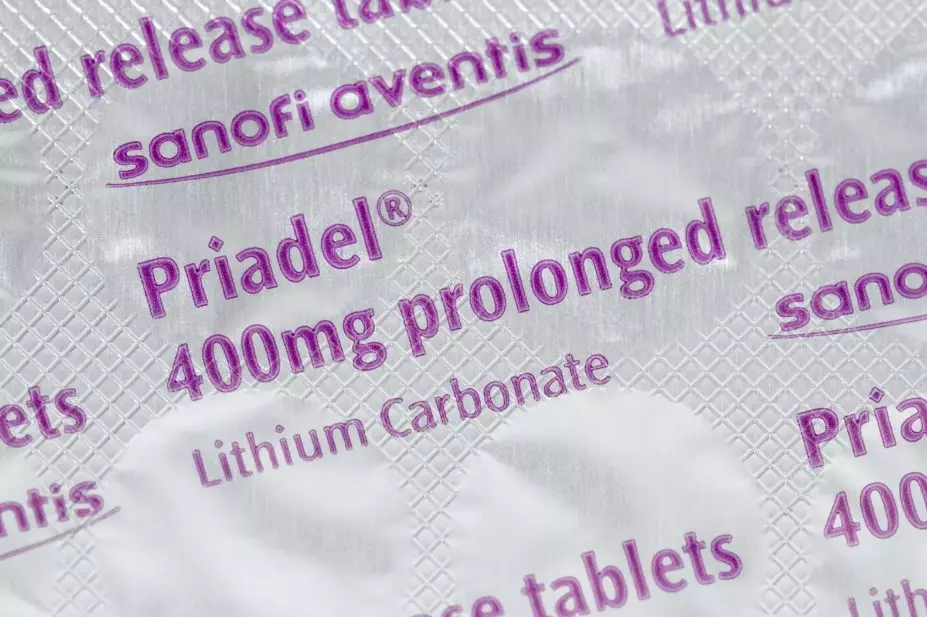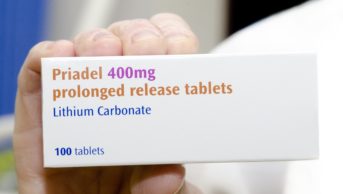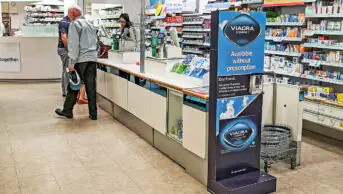
Science Photo Library
It is pretty extraordinary for the head of the NHS in England, Simon Stevens, to accuse a company of “price-gouging” British taxpayers, but that is the situation we found ourselves in with the manufacturer of Priadel.
In the UK, Priadel is the most-used brand of lithium carbonate, which is the most effective long-term treatment for bipolar disorder; some 757,323 items of both strengths of Priadel were prescribed in the 12 months between June 2019 and May 2020.
Lithium must be carefully managed; it has a relatively narrow therapeutic index, and poor adherence or rapid discontinuation may increase the risk of relapse. Switching brands can unsettle stable patients and is the equivalent of starting a new treatment again, requiring more frequent monitoring and counselling of patients.
For this reason, among others, many healthcare professionals providing care to patients with bipolar disorder were appalled by the decision of Essential Pharma to discontinue making Priadel from April 2021. Although, the company has since paused the withdrawal of Priadel, after the Competition and Markets Authority (CMA) said it would investigate the company for “suspected anti-competitive practices”.
The issue arose as Essential Pharma has obtained the rights to three of the four types of lithium carbonate available in the UK, and all the alternatives are more expensive than Priadel. The closest equivalent in dose and type of delivery to Priadel is Camcolit, also owned by Essential Pharma, but which costs almost 12 times as much for a packet.
It is this that underlies Stevens’ comments. He faced managing the fallout of a decision that may make sense commercially, but is an unwelcome imposition on mental health teams caring for a vulnerable group of patients in the midst of a global pandemic.
However, it is too easy to blame one individual company, rather than the regulatory environment that allows companies supplying vital medicines to the health service to take this unilateral action. It will be interesting to see the results of the CMA’s investigation into whether Essential Pharma broke competition law, but this is a narrow basis for action.
There are other levers that the government could put in place to stop this type of unilateral action ever happening again. There is a precedent; the government is currently overhauling the rules around generic medicines after
The Times uncovered that some companies were raising prices by up to 12,500%.
If Priadel paves the way for a much tougher regulatory environment for all other drug manufacturers, that may result in some good from what could have been a very bad situation.


